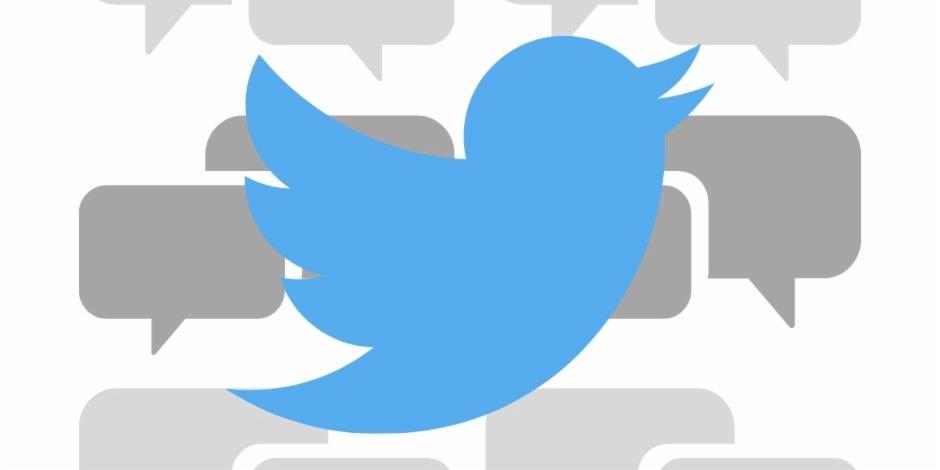Working remotely? Then it’s time to tighten up cybersecurity at home. A home office can offer real peace and focus. At home, you don’t have to worry about coworkers buzzing about. Also, the commute can be pretty easy. But even if you feel comfortable in your home office, you might not be safe online. Without at-home cybersecurity measures, you are opening yourself up to hackers. In the office, you likely have a full IT department; you have experts who are conscious of your cybersecurity needs and focused on keeping you safe. These folks manage your Wi-Fi, warn you away from phishing scams, and encourage two-factor authentication. If you’ve recently transitioned your business to remote work, you may not be aware of the security risks involved. Fortunately, there are a number of measures you can take, as well as helpful resources, to beef up your cybersecurity at home. Additionally, there are ways your IT department can look out for employees even if you’re not all in the same office. For example, coming out with a list of best practices and online dos and don’ts can help. You can maximize the security of your at-home Wi-Fi by taking simple steps: Hackers look for opportunities to breach weak security. That’s why unusual and stressful times present such a perfect opportunity. It’s understandable that if you’re feeling stressed or hurried, you might quickly click on a link or fire off an email. Even under pressure, try to think twice. Phishing scams can still get to you at home. As always, watch for suspicious emails and text messages. When you do, you’ll know to watch for red flags, like a stranger asking for your personal files or encouraging you to click on a link. However, you will also need to watch for folks pretending to be someone you know. If something seems off, double check the sender’s email address. Encourage everyone at your workplace to practice smart cybersecurity at home. For example, require passwords when people log into video or phone conferences. Another good idea is to set up two-factor authentication for email accounts. Additionally, you can generate strong passwords and share information securely through a password vault like LastPass. Hackers are smart. Consider this: You may be tempted to engage in quizzes on social media platforms with friends, but beware. These could be traps to collect your personal information. Unfortunately, all this makes it sometimes difficult to detect when something has gone wrong. This is why it’s important to do what you can and stay on your toes to protect your data and information. When you rely on your office IT experts and follow best practices, you can ensure your at-home office is as secure as possible.Strengthen Your Home Wi-Fi
Remain Cautious of Suspicious Emails
Continue to Practice Smart Cyber Habits
Tighten Up Cybersecurity at HomeApril 20, 2020





